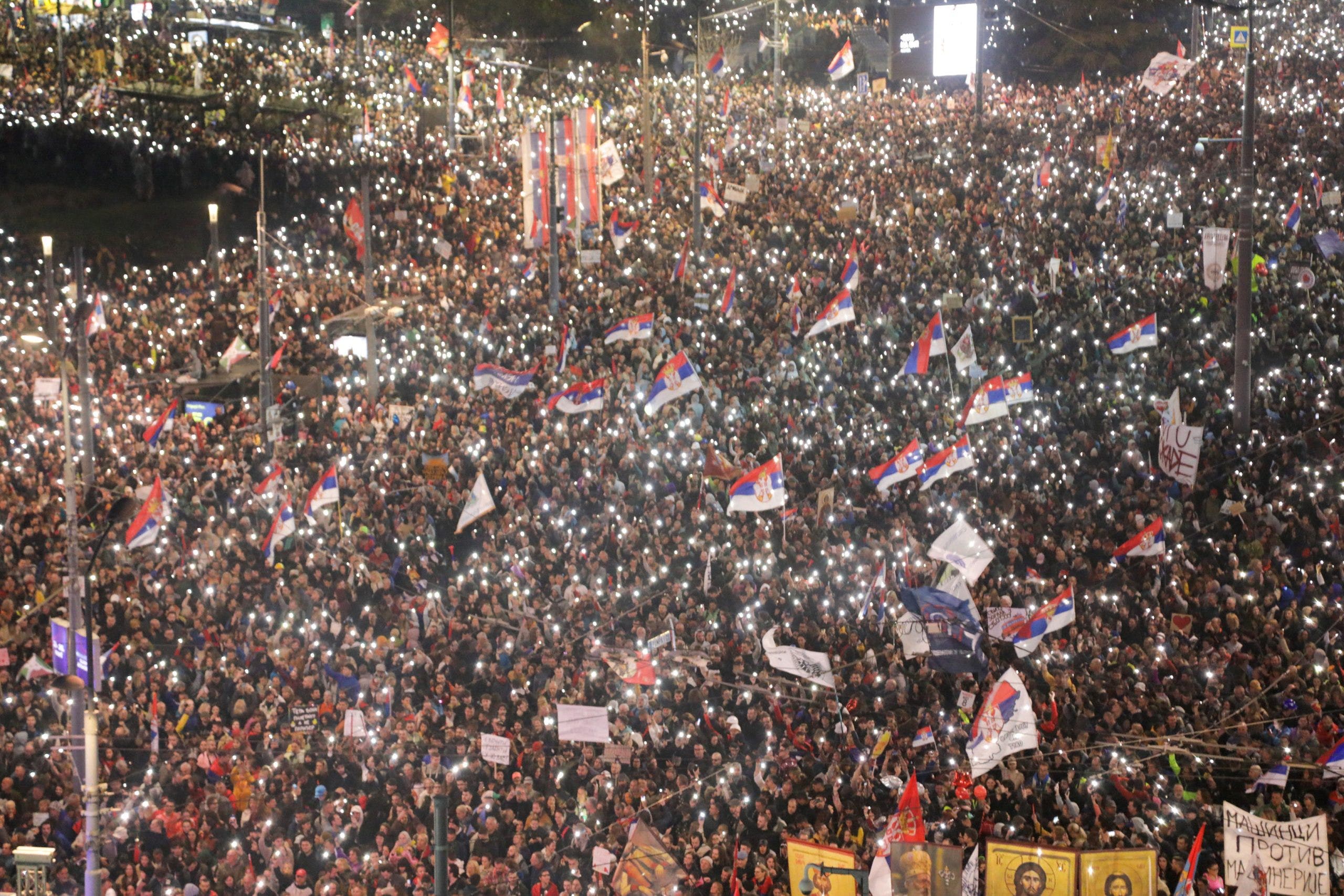Semisonic's 'Closing Time' Used by White House Sparks Backlash
Semisonic criticizes the White House for using their song 'Closing Time' in a deportation-themed post, claiming it misrepresents the song's true meaning.
Overview
Semisonic has objected to the White House's use of their song 'Closing Time' in a video depicting deportation. In a statement, the band expressed that they did not authorize the use, emphasizing that the song represents joy and hope, not the situation portrayed in the post. The White House defended its actions, with press secretary Karoline Leavitt stating it aligns with the president's message. This controversy adds Semisonic to a growing list of artists, including Bruce Springsteen and Rihanna, who have voiced objections to their music being used by the Trump administration.
Report issue

Read both sides in 5 minutes each day
Analysis
- Semisonic objects to White House using song 'Closing Time', emphasizing it was unauthorized and misrepresents the song's message of joy and hope, which contrasts sharply with the imagery of deportation used in the video.
- The White House's response to the backlash indicates a steadfast commitment to its immigration policy messaging, as it continues to utilize controversial methods to communicate its stance on national security and immigration enforcement.
- The ongoing situation reflects a significant cultural clash, where music and political messaging collide, prompting discussions about the ethics of using artists' works without consent.
Articles (8)
Center (5)
FAQ
The White House used 'Closing Time' in a video showing the deportation of gang members, aligning it with their immigration policy by referencing the lyrics 'You don't have to go home but you can't stay here.'
Semisonic criticized the White House for using 'Closing Time' without permission, stating that the song embodies joy and hope, which contrasts with the deportation context.
Semisonic joins a list of artists like Bruce Springsteen and Rihanna who have criticized the Trump administration for using their music without permission or in contexts they disagree with.
History
- 7M

 3 articles
3 articles




